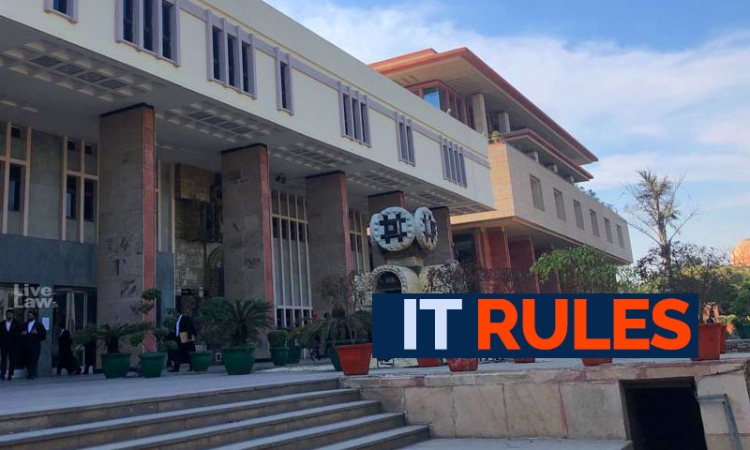The Central Government has told the Delhi High Court that search engines like Google are not 'publishers' under Part III of Information Technology (Intermediary Guidelines and Digital Media Ethics Code) Rules, 2021. Section 2(s) of the Rules defines a publisher as a "publisher of news and current affairs content or a publisher of online curated content."The Centre through Ministry of...

